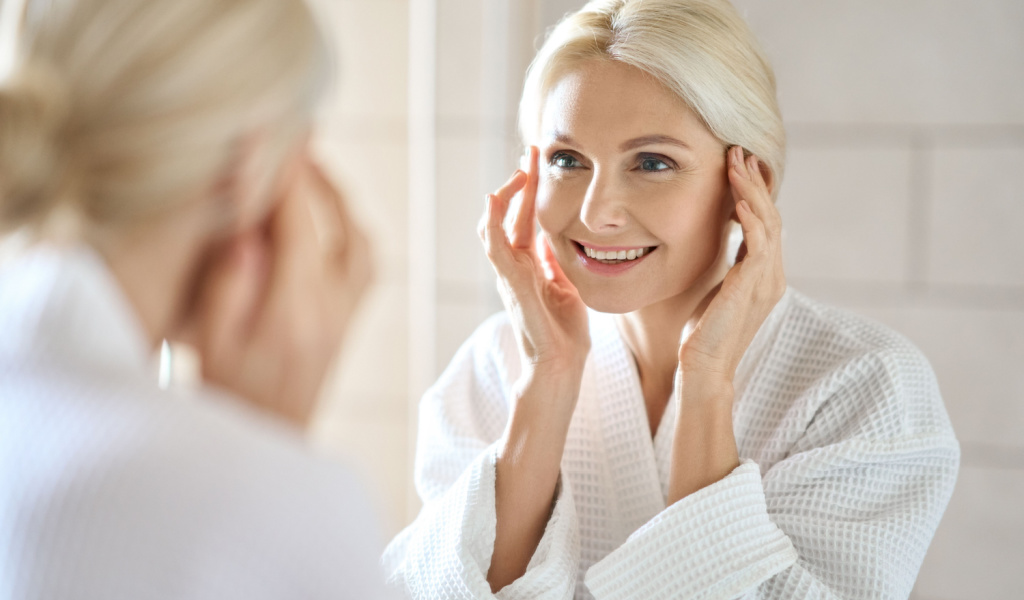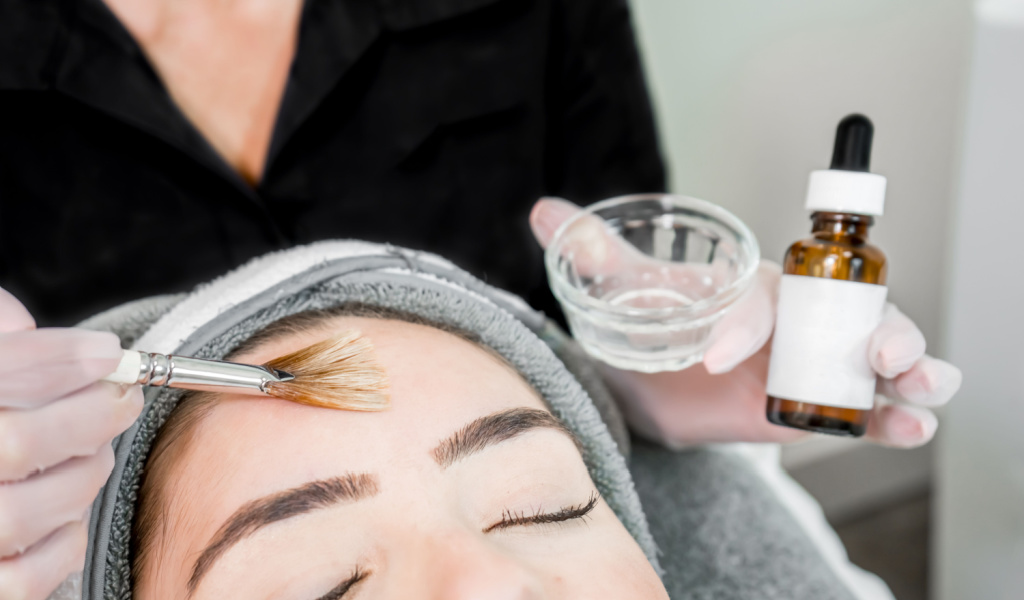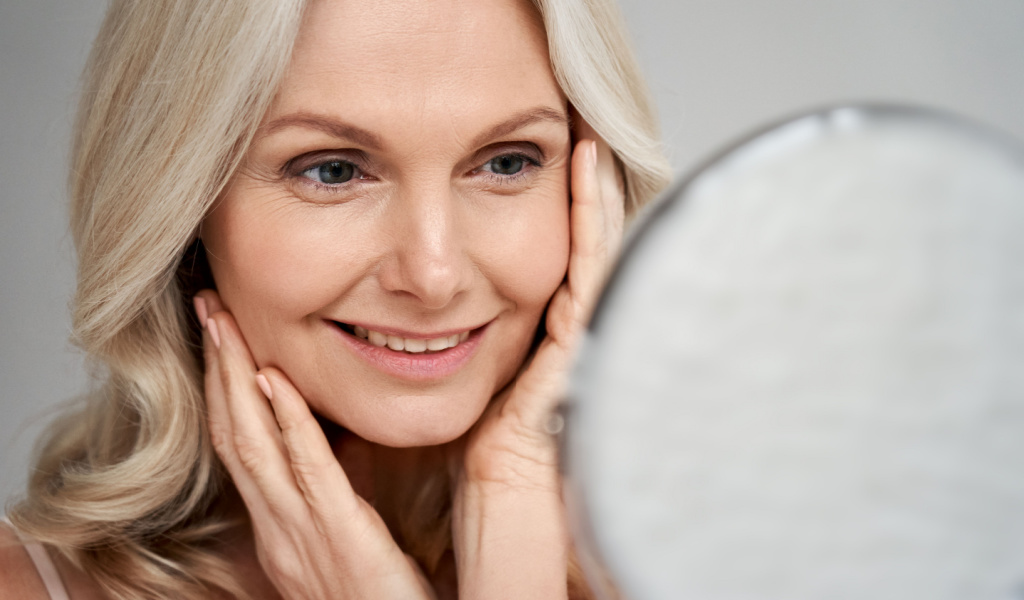We all know that sunscreen protects us from cancer and sunburns, but did you know that it can also slow down aging? It might sound too good to be true, particularly if you’ve hit mid-life and your skin has started showing wrinkles and other signs of aging. But would you believe us if we say this isn’t mere hearsay but is scientifically backed by fact?

A new study has revealed that regular sunscreen usage protects our skin from wrinkling, spotting, aging, and loss of elasticity caused by exposure to the sun’s UV rays. A team of Australian researchers conducted the research over four years with over 900 participants. Some of them were instructed to use sunscreen daily, including reapplying it after being outside for a few hours. The other participants were not given any direction to use sunscreen. After that, the damage was carefully measured on a scale of one to six, with one meaning no damage and six signifying severe aging. The results showed that those who used sunscreen daily were 24% less likely to show signs of aging.
The Science Behind It
The cosmetic value of sunscreen has been a matter of speculation for a long time, but thanks to scientific evidence, it’s safe to conclude that the regular usage of sunscreen can help reduce aging in addition to reducing the risk of skin cancer. To understand this better, we need to look at it from a scientific perspective. Don’t worry – we will break down the complex scientific processes into simple layman’s language so you can understand better.
The sun causes damage with different types of radiation, and UV-B radiation is the leading cause of many skin cancers and sunburns. Photoaging, the process where the sun prematurely ages the skin, is primarily caused by UV-A radiation. This robs the natural ability of the skin to keep its shape and also causes pigmentation when the skin kicks into its natural response of trying to protect itself from this radiation.
Our skin creates abnormal cells that can evolve into cancers, but our incredible immune systems generally detect and knock them out. However, here’s the catch – exposure to the sun can reduce the skin’s immune response, and those abnormal cells can continue to grow into cancer-causing ones. Besides this, sun exposure also depletes the collagen in the skin, which is what keeps our skin nice and firm. It can also dilate the blood vessels, give the skin a reddish tone, and make the brown pigmentation appear more pronounced, making the skin look blotchy.

So, How Does Sunscreen Help?
Broad-spectrum sunscreen is ideal as it protects the skin from UVB and UVA rays. SPF (Sun Protection Factor) of 30 is recommended as it blocks out about 97% of UV rays. A further study demonstrated that those who consistently used broad-spectrum sunscreen with an SPF of 30 daily for one year had noticeable skin texture and clarity improvements.
Aging is depressing, to put it mildly. Lattice-like fine lines, crow’s feet, and darkening sunspots will inevitably sneak up on us one day. So if you hadn’t used sunscreen when you were younger, don’t think the damage is irreversible; it’s never too late to start protecting your skin. Remember that sun damage adds up over time, so starting early is better. You don’t have to look too far to understand this. Just look at the top of your arm and then look at the insides of your arm. The skin is the same age, but it looks different, and this is because the top of the arm gets more UV exposure. This is why practicing sun protection with the help of good sunscreen can make you look years or even decades younger in the long run.
The trick, however, is to apply sunscreen daily. Rain or shine, indoors or outdoors, it doesn’t matter. You have to apply sunscreen religiously every single day. And do the results show immediately? Well, good things take time, and it’s the same with sunscreen too. You can expect to see clearer and smoother skin in about three months, but remember, the improvement you notice will only build up over time, so think of sunscreen as a beauty investment.



